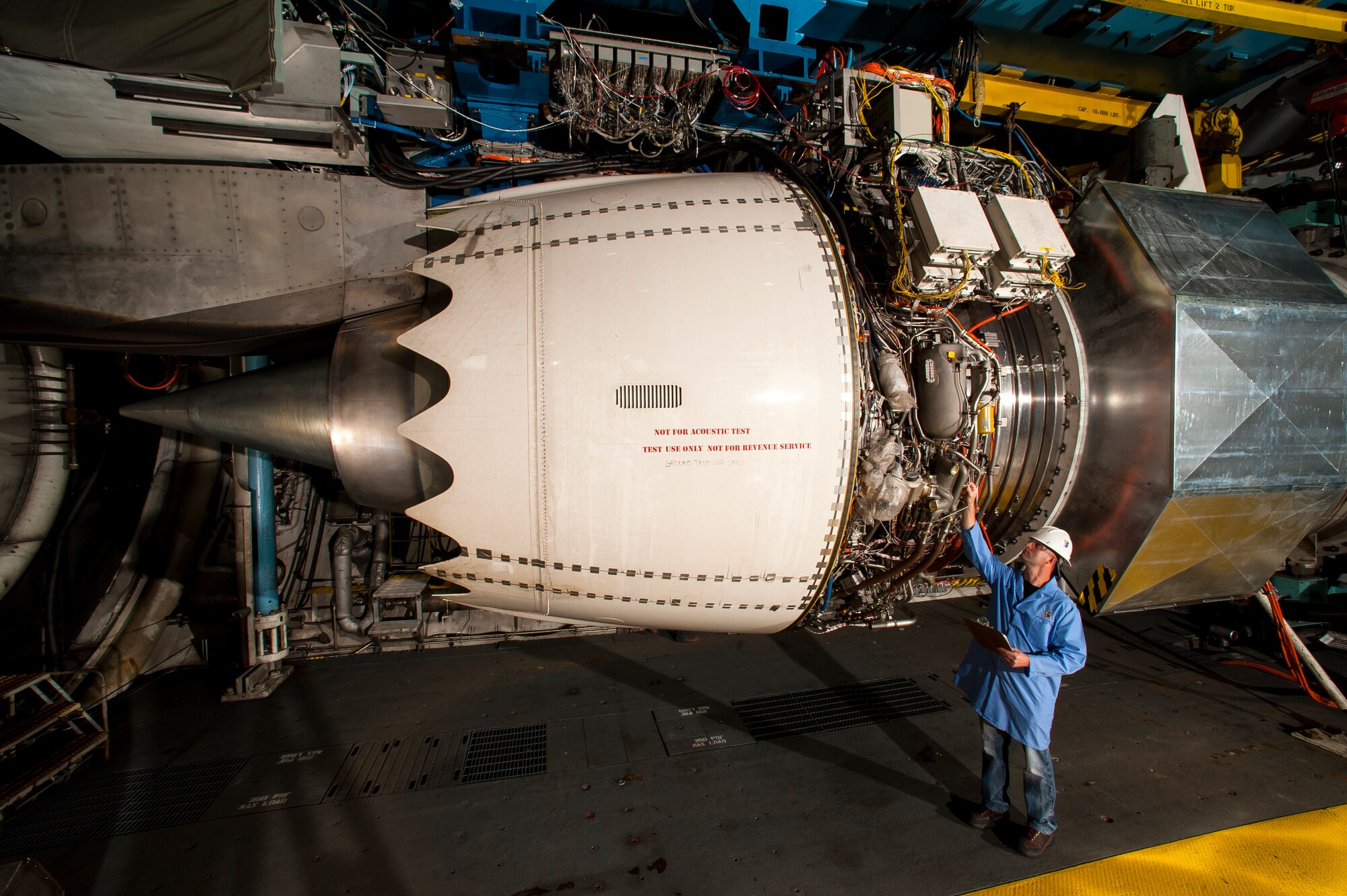EN 325 Liquid Rocket Engine Combustion Testing
The EN 325 standard is a critical technical specification designed to ensure the safe and efficient operation of liquid rocket engines. This service focuses on combustion testing, which evaluates the performance of rocket engines under specified conditions, ensuring they meet stringent safety and reliability requirements.
The primary aim of EN 325 testing is to assess the engine's ability to operate reliably in space environments, where extreme temperatures, vacuum conditions, and high pressure gradients are common. This testing involves simulating various operational scenarios that the rocket will encounter during launch and operation. The test parameters include fuel injection rates, combustion chamber pressures, exhaust gas temperatures, and thrust outputs.
For a successful EN 325 compliant test, precise control over the combustion process is essential. This includes maintaining stable flame front propagation, optimal fuel-air mixing ratios, and efficient energy conversion from chemical reactions to mechanical work. The testing apparatus typically consists of high-temperature furnaces capable of replicating space conditions and specialized flow meters for measuring gas properties.
After each test run, detailed reports are generated that document the engine's performance metrics against predefined acceptance criteria outlined in EN 325. These criteria ensure compliance with international safety standards and provide valuable insights into potential improvements or modifications needed before the engine can be certified for use.
Aerospace & aviation industries rely heavily on rigorous testing protocols like EN 325 to minimize risks associated with space travel. By adhering strictly to these guidelines, manufacturers can enhance their product quality and build consumer trust through proven safety records.
| Standard | Description |
|---|---|
| EN 325:2018 | European Norm for Liquid Rocket Engine Combustion Testing |
| AIAA G-3.4 | American Institute of Aeronautics and Astronautics standard for rocket engine testing |
The table above highlights key standards used in conjunction with EN 325 to ensure comprehensive evaluation of liquid rocket engines.
Applied Standards
- EN 325:2018 - European Norm for Liquid Rocket Engine Combustion Testing
- AIAA G-3.4 - American Institute of Aeronautics and Astronautics standard for rocket engine testing
- ISO/TS 26907 - Technical Specification on Aerospace Propulsion Systems
- ASTM F1586 - Practice for Testing Liquid Rocket Engines in the Laboratory
The application of these standards ensures that all aspects of liquid rocket engine combustion are thoroughly examined, from initial design through final assembly and testing.
Quality and Reliability Assurance
Ensuring quality and reliability is paramount in the aerospace sector, especially when dealing with complex systems like liquid rocket engines. Our team employs advanced techniques to monitor every phase of the combustion process, ensuring that all data points align perfectly with EN 325 requirements.
We use state-of-the-art instrumentation capable of measuring minute changes in temperature, pressure, and flow rates within the combustion chamber. This precision allows us to identify any anomalies early on, enabling corrective actions to be taken promptly. Additionally, we conduct thorough inspections using non-destructive testing methods such as ultrasonic probes and radiography, which help maintain structural integrity throughout the lifecycle of the engine.
The results from our tests are meticulously documented and compared against historical data to establish trends and patterns indicative of successful or problematic designs. This approach not only enhances current projects but also informs future development efforts aimed at improving overall performance and reducing costs associated with failures during launch operations.
Frequently Asked Questions
Competitive Advantage and Market Impact
- Pioneering expertise in liquid rocket engine combustion testing
- State-of-the-art facilities equipped with cutting-edge technology
- Comprehensive training programs for your personnel
- Accurate, reliable results leading to faster product development cycles
- Reduced risk of failure during launch operations
- Enhanced reputation among clients and partners due to proven reliability
By leveraging these advantages, we help our clients stay ahead in a competitive market while ensuring safety and efficiency in their operations.





